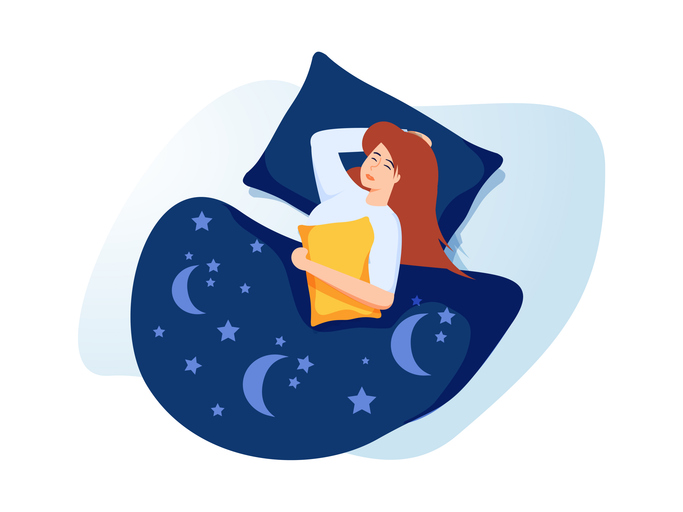Insomnia Therapy - CBT-I Concepts

Insomnia Isn’t a Life Sentence - it’s a Learnable Pattern. CBT-I gives you the tools to retrain your brain for real, lasting sleep. No pills. No guesswork. Just proven strategies that rebuild rest from the inside out.
Cognitive Behavioral Therapy for Insomnia (CBT-I) offers a refreshing alternative to simply taking a pill and hoping for the best. This approach tackles the root causes of your sleep difficulties through concepts like sleep restriction (temporarily reducing your time in bed to build stronger sleep drive), stimulus control (strengthening the association between your bed and actual sleep), and cognitive restructuring (addressing those 3 AM thoughts like "I'll never sleep tonight!").
What I love most about CBT-I (I know the pain) is that it empowers you with skills and understanding that last a lifetime. Unlike medication, which stops working when you stop taking it, CBT-I helps you rebuild your natural sleep system from the ground up.
The journey isn't always easy—there might be a few challenging nights as your body readjusts—but the results can be truly life-changing. Just imagine looking forward to bedtime again, rather than dreading it!
This list covers the essential ideas in Cognitive Behavioral Therapy for Insomnia (CBT-I)—one of the most effective treatments for sleep issues. 😴
- 🏛 Sleep Architecture
-
🔹 Sleep Efficiency – The percentage of time spent sleeping while in bed. A higher percentage means better sleep quality!
🔹 Sleep Latency – How long it takes to fall asleep once you're in bed.
🔹 Sleep Window – The time frame set aside for sleep, often adjusted in sleep therapy to improve rest.
🔹 Wake After Sleep Onset (WASO) – The total time you spend awake after initially falling asleep.
- 🛌 Behavioral Sleep Strategies
-
🔹 Sleep Restriction – Temporarily limiting time in bed to match actual sleep time, then slowly increasing it as sleep improves.
🔹 Stimulus Control – Strengthening the brain's link between bed and sleep by only going to bed when sleepy and getting out if you’re awake too long.
🔹 Sleep Compression – Gradually shrinking time in bed to make sleep more efficient.
🔹 Sleep Hygiene – Daily habits that promote better sleep, like reducing screen time before bed and keeping a consistent schedule.
- 💭 Thoughts & Mindset
-
🔹 Sleep-Related Thoughts – Beliefs about sleep that can either help or hurt sleep quality.
🔹 Cognitive Restructuring – Changing unhelpful thoughts about sleep (like “I’ll never sleep well”) into more realistic ones.
🔹 Worry Time – A set time earlier in the day to process concerns, so they don’t keep you up at night.
🔹 Sleep Effort – Trying too hard to sleep, which can actually keep you awake!
- 🔄 Body & Biology
-
🔹 Sleep Drive – Your body’s natural need for sleep that builds throughout the day.
🔹 Circadian Rhythm – Your internal 24-hour clock that regulates sleep and wakefulness.
🔹 Arousal – Mental or physical alertness that can interfere with sleep.
🔹 Sleep Pressure – The buildup of sleepiness that helps you fall asleep at night.
- 🛠 Treatment Tools
-
🔹 Sleep Diary – A daily log of sleep habits and patterns to track improvements.
🔹 Sleep Rules – Personalized guidelines to encourage good sleep.
🔹 Relaxation Techniques – Methods like deep breathing and meditation to calm the mind before bed.
🔹 Fatigue Rating – A scale to measure how sleepy or energetic you feel during the day.
